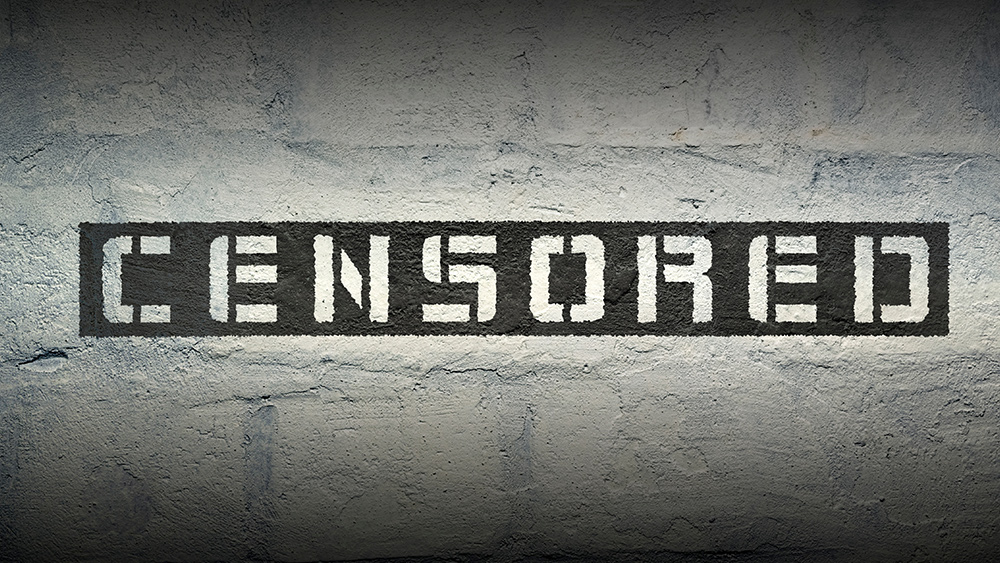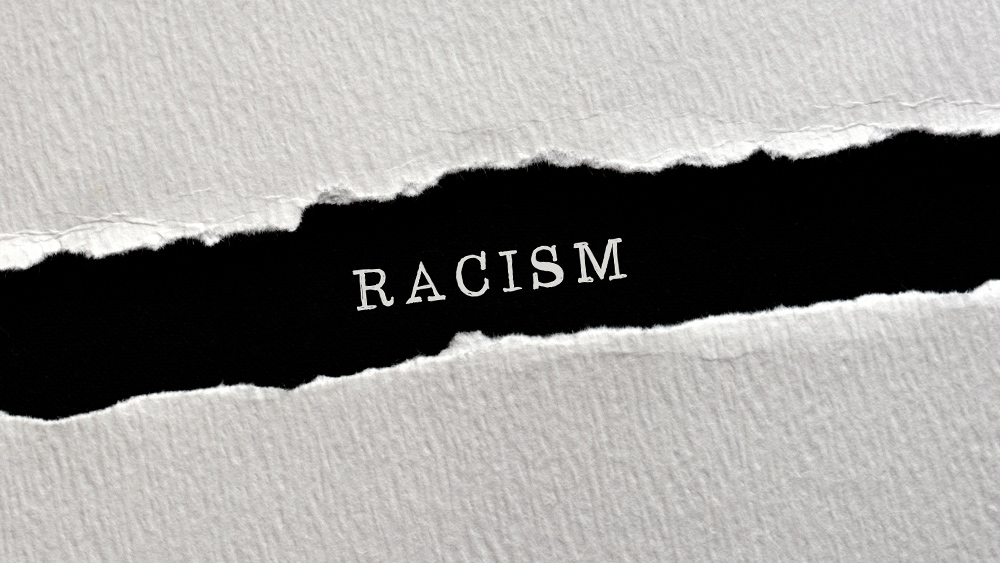ACADEMIC FRAUD: Harvard affiliate researchers accused of manipulating data images that impacted 37 published medical studies
02/06/2024 / By Belle Carter

A data sleuth recently found and accused top cancer researchers affiliated with an Ivy League university of scientific fraud for manipulating data images with simple methods such as copy-and-paste and Adobe Photoshop. The manipulated images impacted 37 studies.
The Dana-Farber Cancer Institute (DFCI), an affiliate of Harvard Medical School, is seeking to retract six scientific studies and correct 31 others that were published by the institute’s top researchers, including its President and CEO Laurie Glimcher, Executive Vice President and COO William Hahn, Senior Vice President for Experimental Medicine Irene Ghobrial, and medical school professor Kenneth Anderson. All four implicated researchers have faculty appointments at the prestigious medical school.
According to a report by Ars Technica, molecular biologist and analytical scientist Sholto David and his colleagues on PubPeer, an online forum for researchers to discuss publications that have frequently served to spot dubious research and potential fraud, the alleged image manipulation was found on January 2. David posted a lengthy list of possible data fraud instances from DFCI researchers to his research integrity blog For Better Science. He pointed out that several data figures appeared to feature pixel-for-pixel duplications, including those of what are known as “Western blots,” which are used to see proteins in a complex mixture.
DFCI Research Integrity Officer Barrett Rollins, who is also a co-author on two of the studies, told the Wall Street Journal that he is recused from decisions involving those studies. He also responded to the allegations, arguing that the school is “committed to a culture of accountability and integrity,” and that “every inquiry about research integrity is examined fully.” He further said that David had contacted DFCI with allegations of data manipulation involving 57 studies, adding that the institute’s internal review found that there are 38 papers in which DFCI researchers “have primary responsibility for the potential data errors.” DFCI is now retracting six studies and contacting scientific publishers to correct 31 others, bringing the total to 37 affected studies so far. Meanwhile, the 38th remaining study in question is still under review. Of the remaining 19 studies, three were cleared of allegations while 16 were determined to have had the possibly manipulated data collected in labs that were outside the DFCI. Rollins said that those studies are still under investigation.
Despite the dent it has carved into the institute’s integrity, the officer insisted that finding false data and manipulated images is not necessarily “evidence of an author’s intent to deceive” and that they have yet to determine if any scientific misconduct occurred. “That conclusion can only be drawn after a careful, fact-based examination which is an integral part of our response,” Rollins said. “Our experience is that errors are often unintentional and do not rise to the level of misconduct.”
This new controversy came on the heels of the university ex-President Claudine Gay’s “resignation” over “serial plagiarism” allegations in several of her old academic papers.
Harvard’s double standard: Plagiarist ex-president v. embattled professor accused of research misconduct
The Ivy League has been thrown issue after issue, damaging much of the once “prestigious” educational institution with so much controversy. Apart from the external criticisms, the university has conflict within as well. Some critics were able to spot how the double standard is so evident in the treatment of Gay and the embattled Harvard Business School professor Francesca Gino who, like Gay and the recent researchers, was accused of research misconduct.
Harvard immediately lawyered up, threatened to sue the New York Post for defamation, and vigorously and wrongly defended the ex-school head without conducting a full investigation of the charges that she had plagiarized the work of other scholars. The newspaper initially held the story back and contacted Harvard on Oct. 24. Gino received her copy of the paperwork signed by Gay the day after Harvard claimed it first heard of the allegations against Gay.
“What gall it had to take for a university president accused of research misconduct herself giving her approval to begin the extraordinary process of stripping away tenure from a professor for the first time in Harvard’s history,” a commentary on Poets and Quants said. Gay made two rounds of corrections to her scholarly work. While some of the violations may have been minor, side-by-side text comparisons revealed evidence that massive sections were copied verbatim. She resigned her presidency on Jan. 2 after fierce criticism over Harvard’s response to the Hamas attack on Israel and the anti-Semitic behaviors of its students, including a mob assault on a Jewish student. Then, there was the widespread backlash from Gay’s disastrous congressional testimony followed by the allegations of plagiarism. Yet, she remains a fully tenured professor with her current presidential salary which is likely more than $1 million per annum. (Related: Gay keeps $900K annual salary despite resigning as Harvard president after evidence of serial plagiarism emerges.)
Meanwhile, Gino was placed on unpaid leave, banned from campus, stripped of her salary and health care benefits for herself and her family, and prohibited from publishing on Harvard’s platforms. She is also facing the revocation of tenure by the dean, signed off by Gay.
The write-up further pointed out that Gay and Gino both were covered by nearly identical research misconduct policies that define it as the “fabrication, falsification, or plagiarism in proposing, performing, or reviewing research, or in reporting research results. Research misconduct includes fabrication, falsification and plagiarism.”
Check out ScienceFraud.news for more news similar to this.
Sources for this article include:
Submit a correction >>
Tagged Under:
academic integrity, campus insanity, Claudine Gay, controversy, Dana-Farber Cancer Institute, DFCI, double standard, fabrication, faked, Francesca Gino, Harvard, medical school, photoshop, plagiarism, public education, research, rigged, scandal, science deception, science fraud
This article may contain statements that reflect the opinion of the author
RECENT NEWS & ARTICLES
COPYRIGHT © 2017 EDUCATIONSYSTEM.NEWS




















